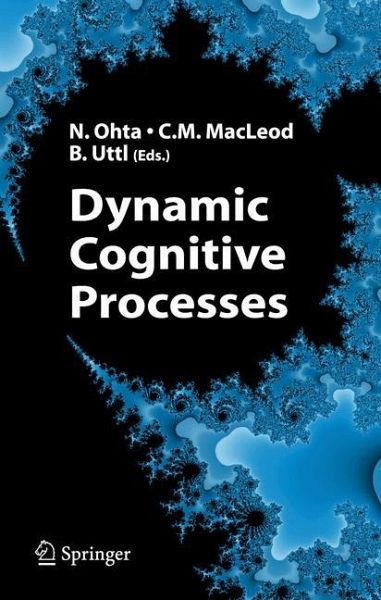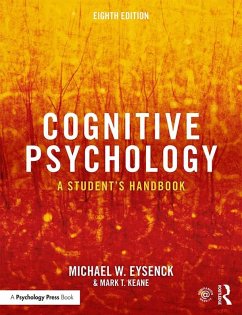
Dynamic Cognitive Processes

PAYBACK Punkte
58 °P sammeln!
This book presents cutting-edge research in perception, memory, and aging, with a focus on dynamic cognitive processes: interactive and constructive processes in such phenomena as perception and memory, interaction between processes recruited for perception and memory, activation and inhibition, influence of subconscious processes on perception and memory, and dynamic cognitive processes involved in memory and aging. The chapters cover many of the current "hot" topics in cognitive psychology and memory, including perceptual organization, breakdown of perception due to various disorders, neural substrates underlying perception and memory, repetition blindness, directed forgetting, suppression of unwanted memories, memory for information perceived without awareness, hypermnesia, prospective memory, and age-related changes in memory. The book reemphasizes the dynamic view of perception, cognition, and memory as constructive and continuously changing.
The conference from which this book derives took place in Tsukuba, Japan in March 2004. The fifth in a continuing series of conferences, this one was organized to examine dynamic processes in "lower order" cognition from perception to attention to memory, considering both the behavioral and the neural levels. We were fortunate to attract a terrific group of con tributors representing five countries, which resulted in an exciting confer ence and, as the reader will quickly discover, an excellent set of chapters. In Chapter 1, we will provide a sketchy "road map" to these chapters, elu cidating some of the themes that emerged at the conference. The conference itself was wonderful. We very much enjoyed the vari ety of viewpoints and issues that we all had the opportunity to grapple with. There were lively and spirited exchanges, and many chances to talk to each other about exciting new research, precisely what a good confer ence should promote. We hope that the readers of this book will have the same experience-moving from careful experimental designs in the cogni tive laboratory to neural mechanisms measured by new technologies, from the laboratory to the emergency room, from perceptual learning to changes in memory over decades, all the while squarely focusing on how best to explain cognition, not simply to measure it. Ultimately, the goal of science is, of course, explanation. We also hope that the reader will come away absolutely convinced that cognition is a thoroughly dynamic, interactive system.














